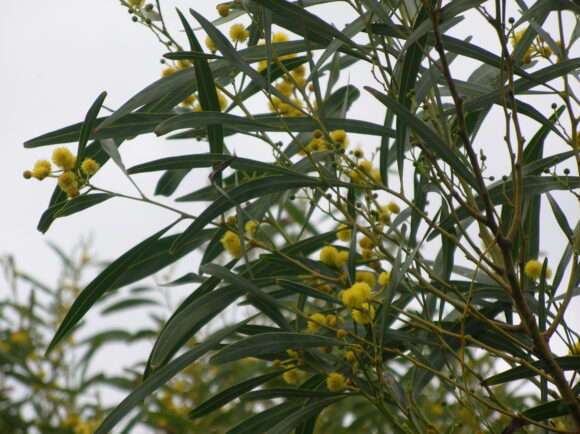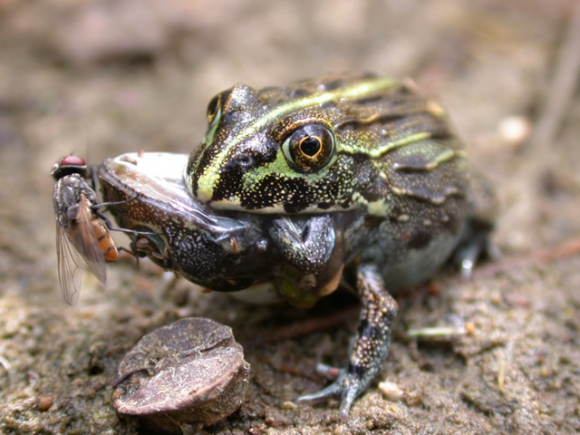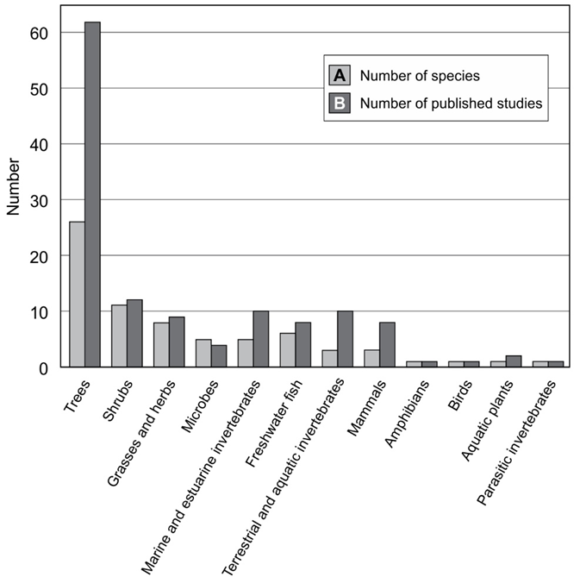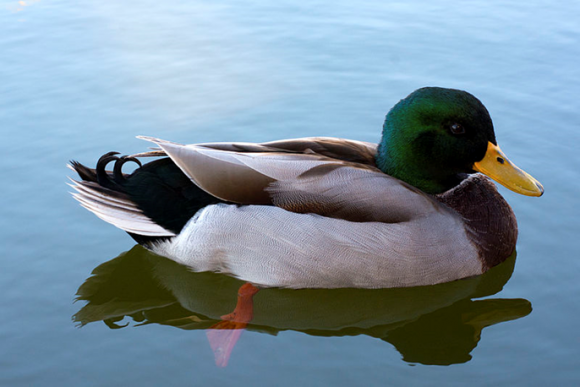15 November 2021 | By Sabrina Kumschick
Impacts of alien taxa are often assessed by experts rather than based on available evidence, which could lead to biased assessments and hampers the comparability of data.
A recent study by former C·I·B Hons student, Cally Jansen and C·I·B Core Team Member, Dr Sabrina Kumschick used acacias introduced to South Africa as a case study to compare expert assessments with evidence-based impact assessments.
In the study, published in the journal Biological Invasions, 33 Acacia species introduced to South Africa were analysed using the Environmental and SocioEconomic Impact Classification for Alien Taxa schemes (EICAT and SEICAT). Comparing these evidence-based assessments with expert assessments as published in the National Status Report on Biological Invasions showed that studies of sufficient quality to show irreversible impacts on native species and ecosystems as well as impacts on human well-being are scarce or lacking.
“Given the difficulty to restore previously invaded habitats, it is likely that irreversible impacts exist, but they are often difficult to demonstrate and costly to study,” says Sabrina Kumschick.
Looking at habitats affected by acacia impacts, grassland, forest, shrubland and marine-coastal habitats were all found to be equally impacted by acacias globally. This demonstrates that acacias have the ability to impact a large variety of habitats, and it shows their flexibility in being able to adapt to different environments. Acacias often compete for resources with native species, but only a few studies demonstrating their impacts on human well-being are available for this group.
“Management of acacias in South Africa is difficult because they have severe negative impacts on native species, and also provide benefits to local communities,” the first author of the study, Cally Jansen, says. “Studies on how these trees affect people are needed to make more effective decisions regarding their control.”
Read the full paper
Jansen C & Kumschick S (2021) A global impact assessment of Acacia species introduced to South Africa. Biological Invasions. https://link.springer.com/article/10.1007/s10530-021-02642-0
For more information, contact Sabrina Kumschick at sabrinakumschick@sun.ac.za




